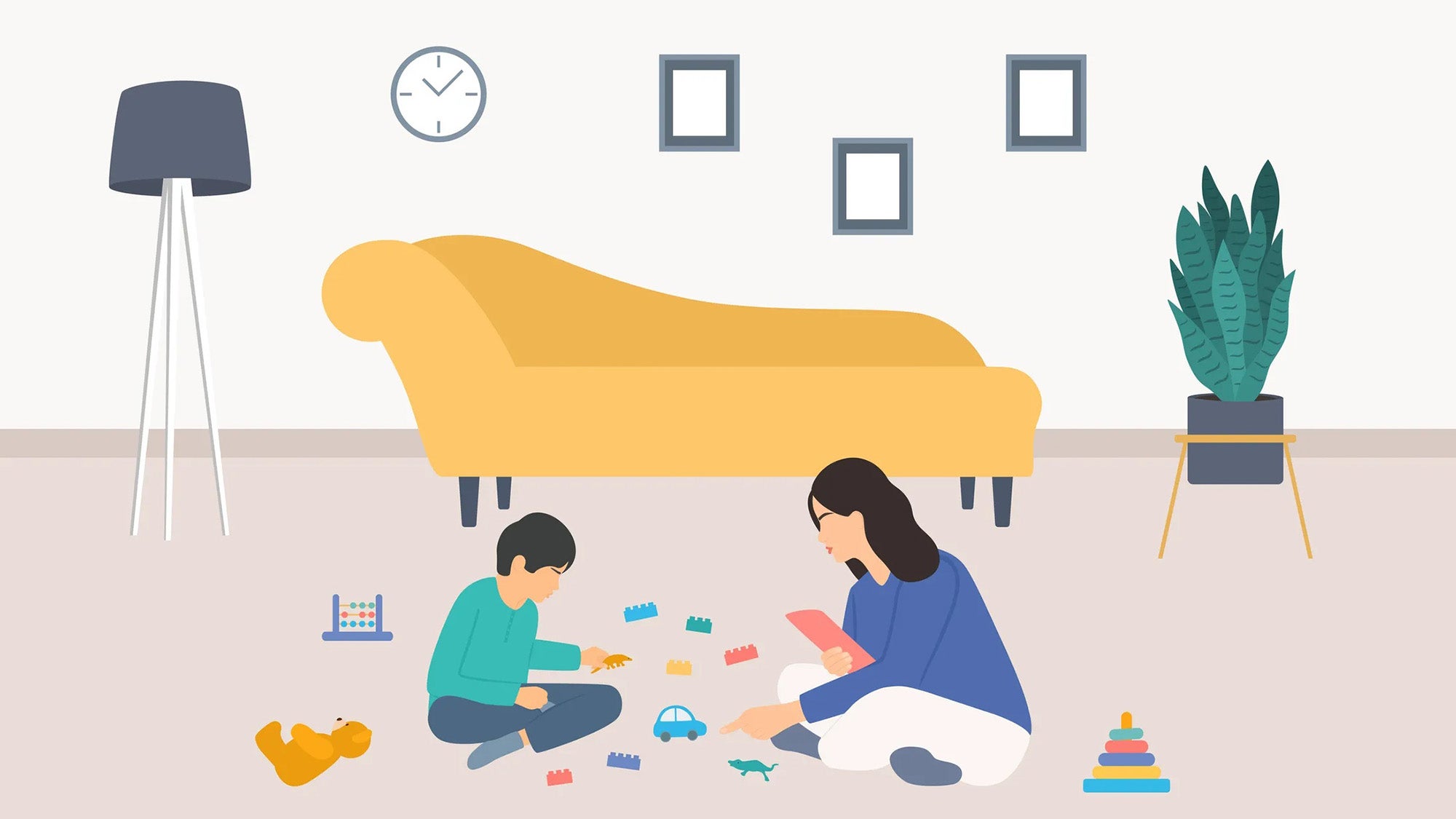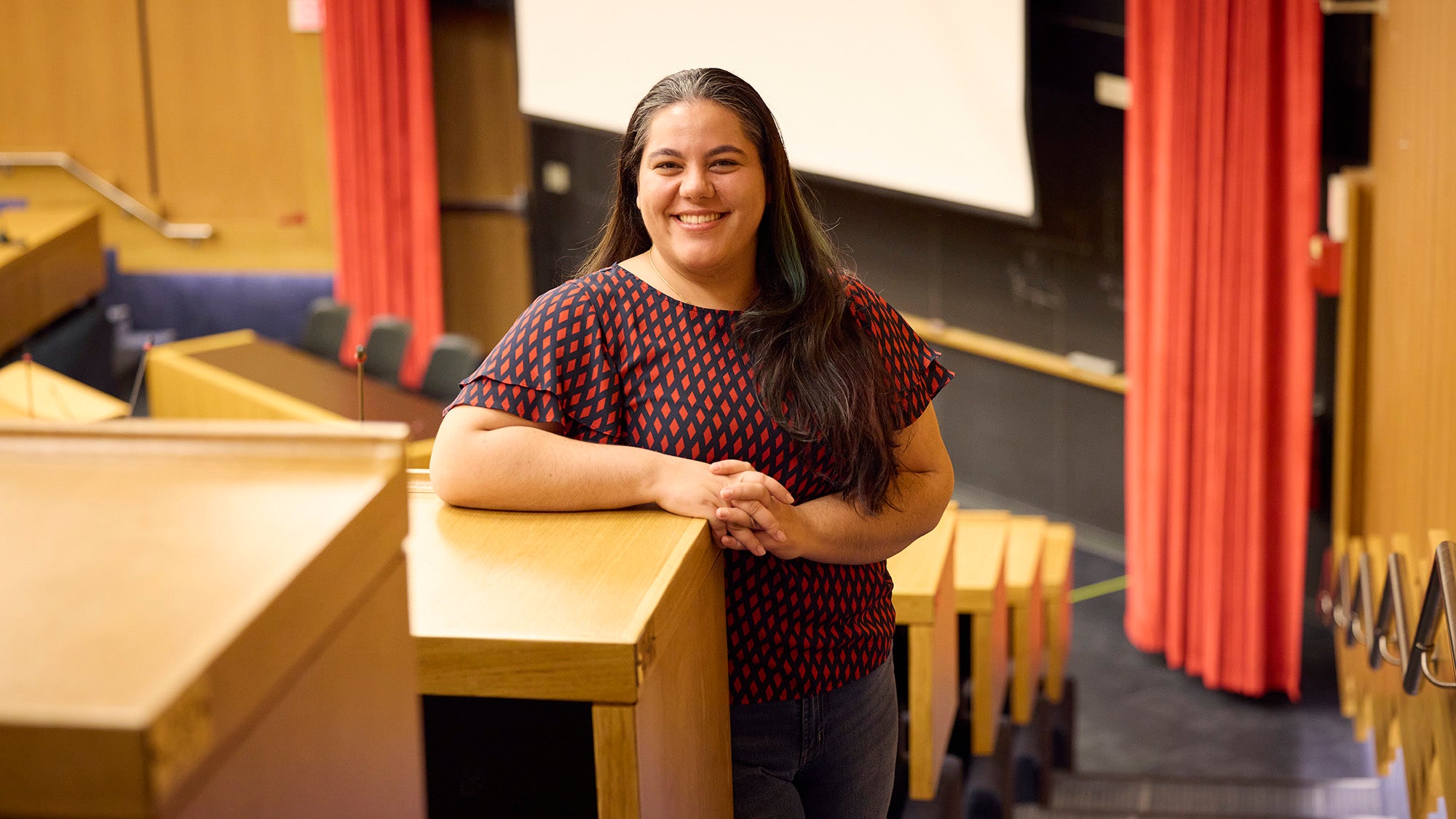Muhammad Ali Index seeks to measure compassion, inspire action
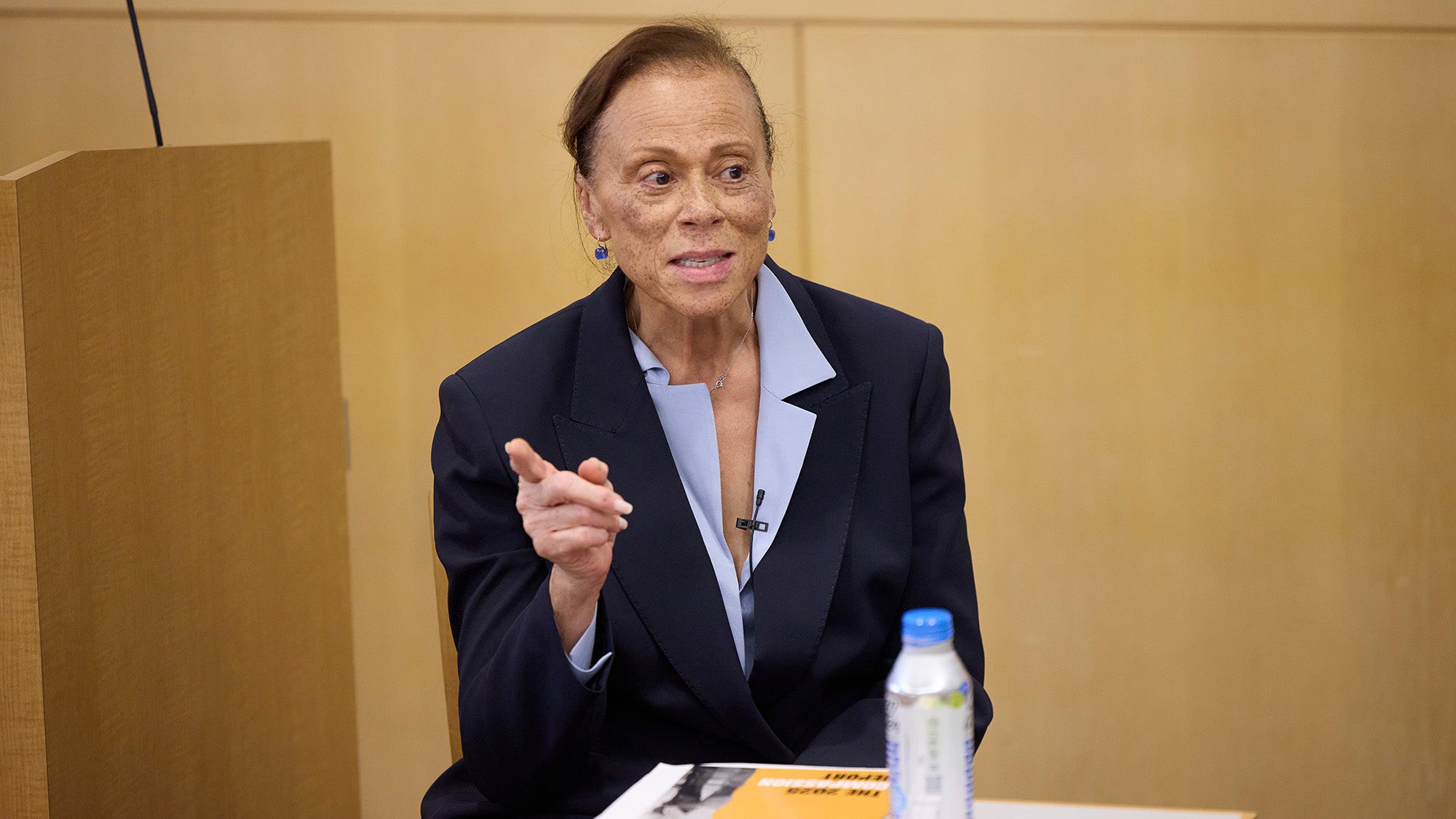
Lonnie Ali discussed compassion and health, and the humanitarian legacy of her late husband, boxer Muhammad Ali, at a Harvard Chan School event.
Muhammad Ali is considered by many to be the greatest boxer of all time, but there is more to his legacy, Lonnie Ali recently told a Harvard T.H. Chan School of Public Health audience. He valued being of service to others and treated people from all walks of life with compassion, she said. To carry on his legacy, the Muhammad Ali Center, which the couple co-founded in 2005, has launched an effort to track compassion in America and promote change.
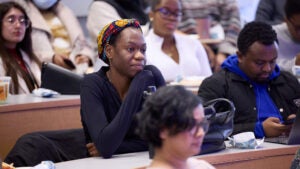
Lonnie Ali discussed this work with Sue Goldie, Roger Irving Lee Professor of Public Health, during an event sponsored by the School’s Black Student Health Organization. It was held in Kresge 502 on Nov. 13.
The inaugural Muhammad Ali Index, released in January, looked at 12 American cities over a six-month period: Atlanta, Chicago, Dallas/Fort Worth, Denver, Jacksonville, Las Vegas, Los Angeles, Louisville, New York, Phoenix, San Antonio, and Seattle. The Center worked with a research group to survey thousands of residents on five layers of compassion—self, individuals, groups, local, and nation. In addition, the group used proprietary AI tools to look at behavioral data and cultural trends across social medial and other platforms.
“We wanted to see how compassion was utilized and engaged with in communities,” Ali said.
Among the findings: 61% of people in the pilot cities reported feeling that compassion has declined in the last four years, and just 43% were optimistic about the future of compassion in America. More people said that they had compassion for family and friends (74% and 68%) than for themselves (67%). Participants in cities that scored higher for local levels of compassion—including Louisville and Seattle—highlighted availability of mental health services, affordable housing, childcare, and programs for unhoused populations.
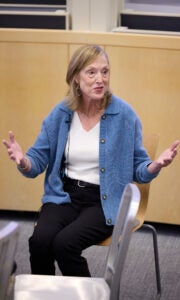
Cities with green space also tended to score higher on local levels of compassion, Ali said. “Green space allows people to collect, to come together, and to interact on a one-on-one basis.” She said that she hoped that the Index will be used by policymakers and business and community leaders to help foster more-connected, healthier communities. The Index’s website also includes a pledge that individuals can sign to commit to pursuing compassionate practices.
Goldie called empathy the gateway to compassion. While both involve understanding others, compassion takes the next step—action. She encouraged students to build their capacity for both by seeking out people whom they don’t identify with or may disagree with.
She also encouraged them to try to take on studies of things like compassion. “Do not shy away from things that are hard to measure,” she said.
